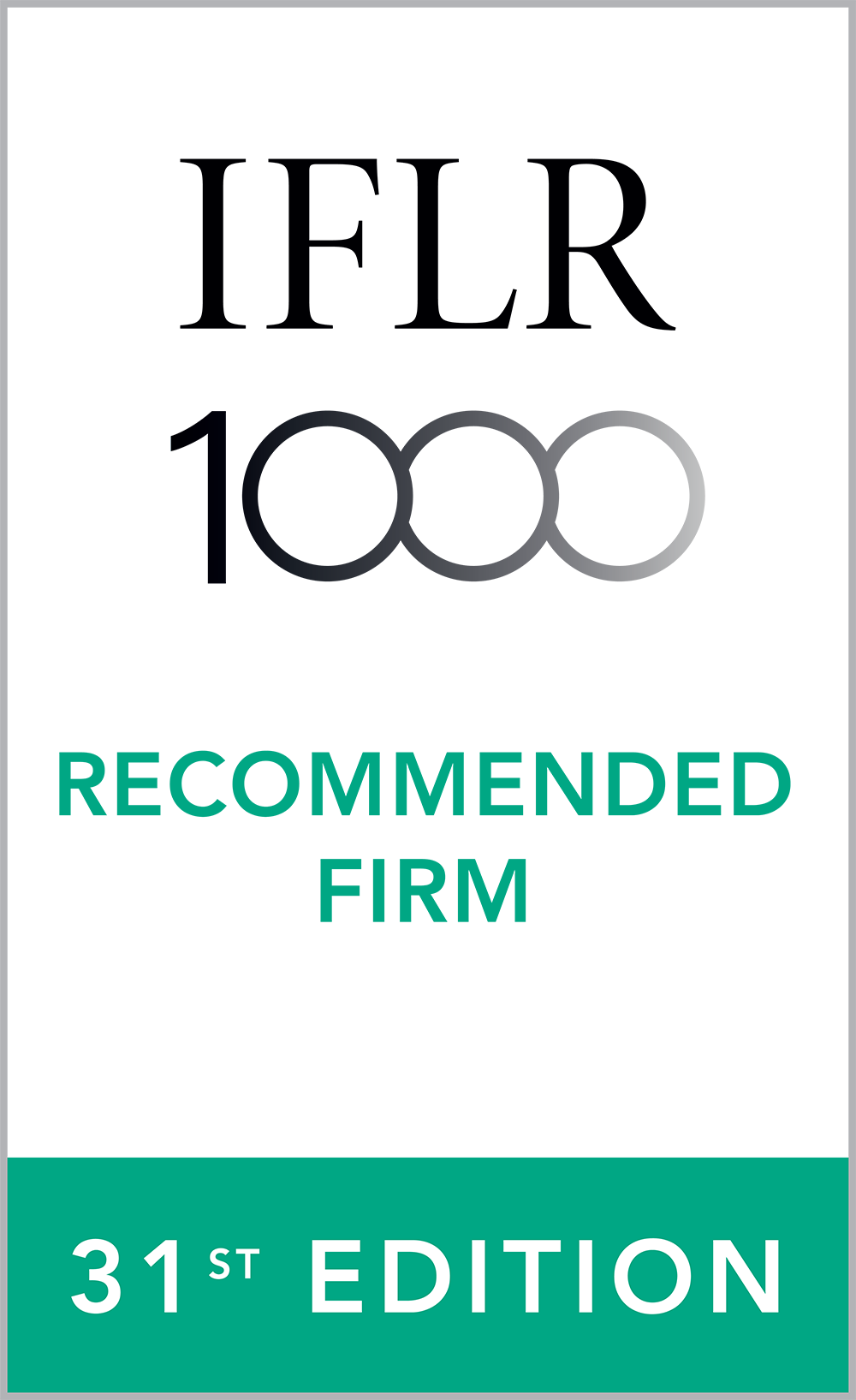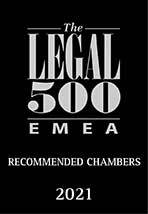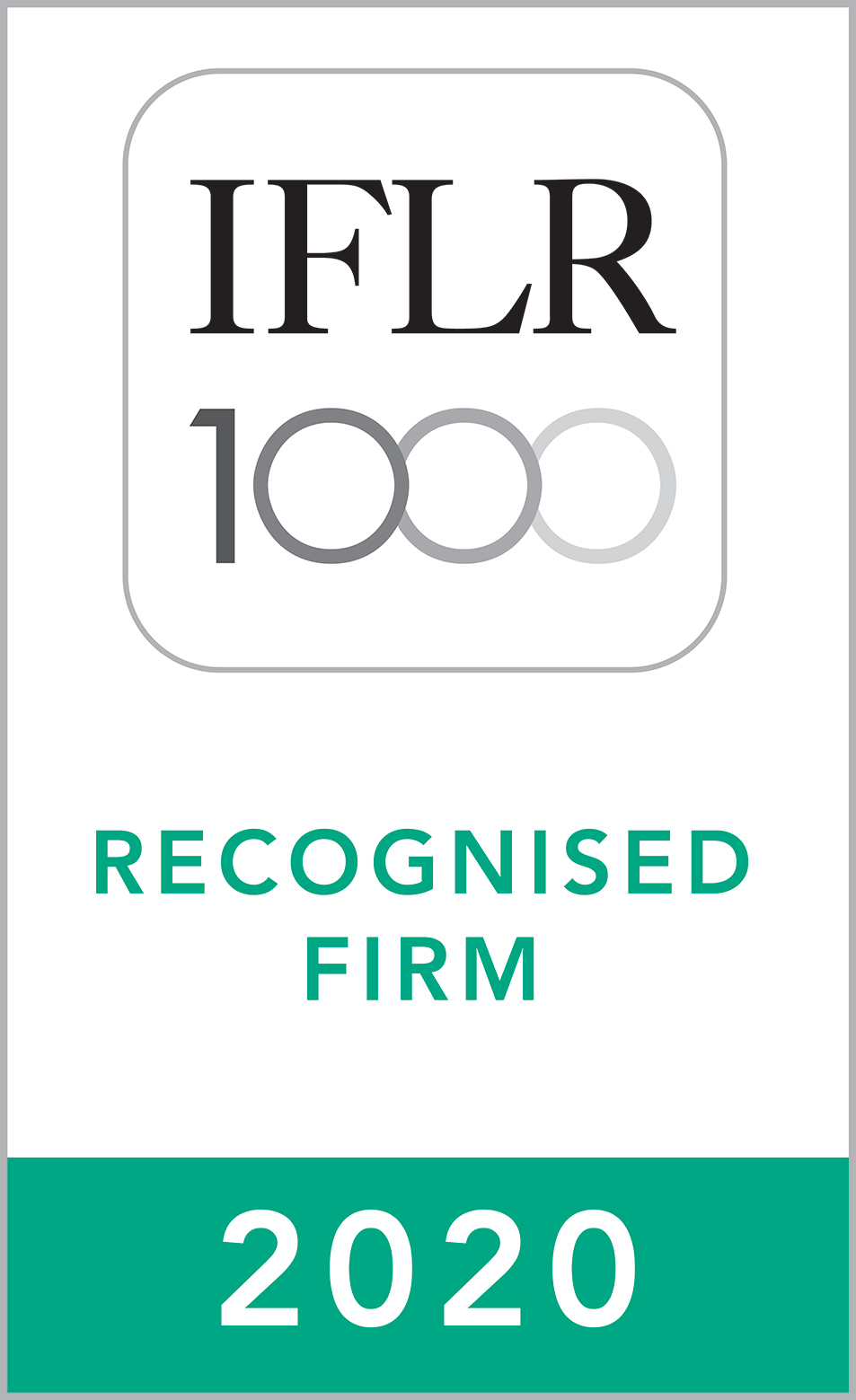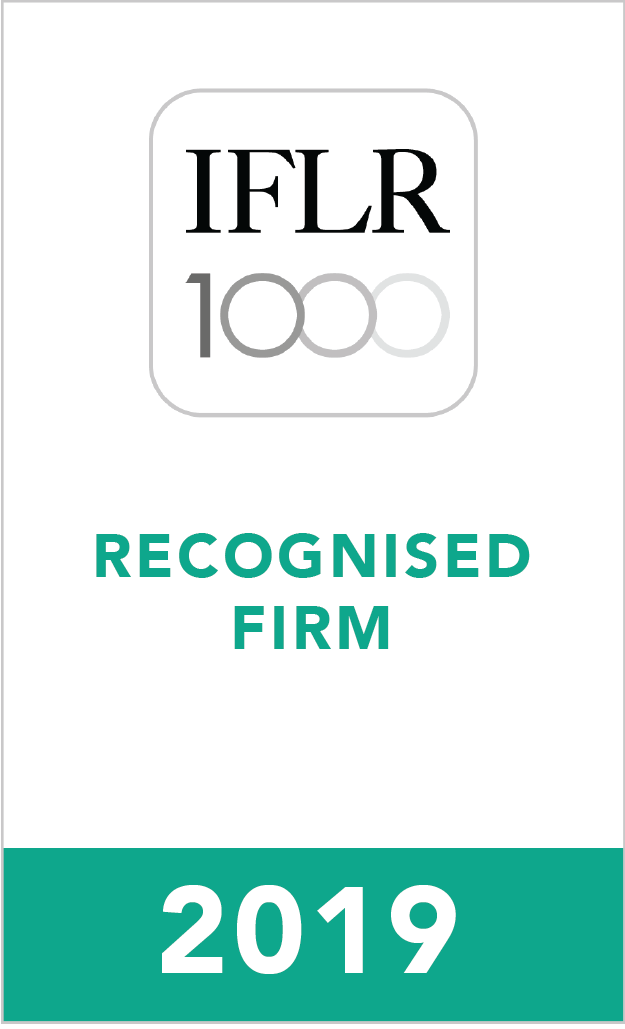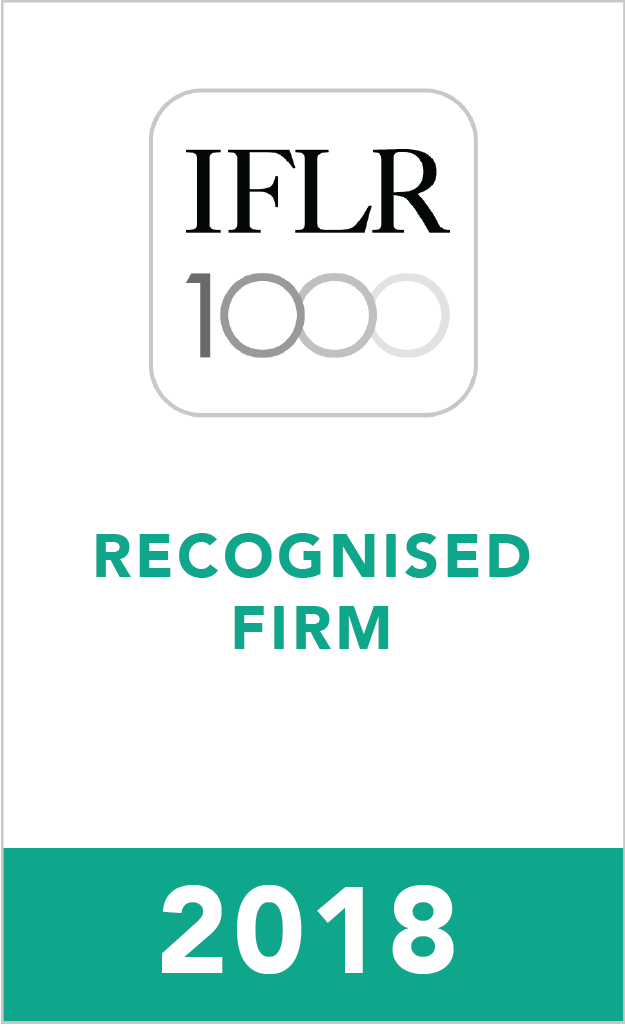Introduction
In August 2025, President Bola Ahmed Tinubu signed the Nigeria Insurance Industry Reform Act 2025 (the “Act”) into law. The Act repealed the Insurance Act 2003, and previous legislations regulating the insurance industry which are: the Marine Insurance Act, Motor Vehicles (Third Party Insurance) Act, National Insurance Corporation of Nigeria Act, and the Nigeria Reinsurance Corporation Act, and consolidated their provisions in various parts of the Act. The Act aims to regulate the insurance industry and safeguard the interest of stakeholders by establishing specific requirements and procedures for entities that wish to conduct or participate in insurance business in Nigeria.
This article highlights the key reforms in the Act and how it will affect the conduct of business, investment and participation in the Nigerian insurance industry.
KEY REFORMS OF THE ACT
1. Risk-Based Capital Requirement & Supervision
The Act now mandates that any entity desirous of carrying on or being involved in insurance business in Nigeria under any of the permitted categorisation of insurance business, have and maintain, a minimum share capital of ₦15, 000, 000, 000.00 (Fifteen Billion Naira) for Non-Life, ₦10, 000, 000, 000.00 (Ten Billion Naira) for Life, and ₦35, 000, 000, 000.00 (Thirty-Five Billion Naira) for Reinsurance business.[1]
The Act further empowers the National Insurance Commission (the “Commission”) to regulate, revise, or supervise the capital base of insurance companies (“Insurers”) or issue entirely new capital requirements for Insurers as it may deem fit using the risk-based capital approach which involves considering the capital required for insurance, market, credit, and operational risk and applying such capital charges on assets and liabilities.[2] The Commission had, pursuant to the provisions of the Act[3], issued a circular on 12th August 2025 directing existing Insurers to comply with the new capital requirement before 30th July 2026.
2. Mandatory Minimum Statutory Deposit
All Insurers are required to deposit a percentage of their minimum share capital with the Central Bank of Nigeria (the “CBN”). Intending Insurers are directed by the provisions of the Act to deposit the equivalent of fifty percent (50%) of the minimum capital requirement with the CBN. Eighty percent (80%) of the deposit will then be refunded with interest to the Insurer not later than 60 days after registration. Existing Insurers are also expected to deposit the equivalent of ten percent (10%) of the minimum capital with the CBN. This measure is aimed at ensuring that Insurers have the financial strength to underwrite risks up to the extent of their capital.[4]
Whilst this is not entirely a novel provision, the Act goes a mile further by mandating that statutory deposits be invested in government-approved securities such as bonds, treasury bills or any other instruments as the CBN or the Commission may deem fit. This ensures that the deposits are both secure and liquid enough to support insurers’ obligations to policyholders. In addition, the Act protects these deposits by excluding them from garnishee proceedings. This prevents creditors from attaching them and safeguarding the funds for their intended purpose of meeting insurance liabilities.[5]
3. Reserves and Investment
Insurers
The Act mandates Insurers to establish and maintain a reserve fund where a percentage of the premium on insurance will be set aside for the settlement of unearned premiums, unexpired risks, and outstanding claims as they become due.[6]
Since the extent of liability on any given claim is not known until settlement and the Insurer is expected to settle outstanding or incurred claims from the premium payments made by the insured over an agreed period, this provision alongside the one hundred percent (100%) capital adequacy ratio required to be maintained by the Insurers at all times[7], seeks to reasonably protect the Insurer and the general public from issues of unsettled claims.
Insurers are further required to invest insurance funds in Federal Government-backed securities, bonds, real estate, debt instruments by corporate entities listed on the Stock Exchange, and other investment options permitted by the act.[8]
Reinsurers
Reinsurers (“Reinsurers”) are required to establish a general reserve fund account with a minimum of fifty percent (50%) of the Insurer’s gross profit if the fund is less than the Insurer’s authorised capital for the year; and a minimum of twenty-five percent (25%) where the fund is exactly or exceeds the authorised capital of the Reinsurer.[9]
This act will boost the local economy as other sectors will benefit from the premium contributions expected to be invested in these sectors of the economy by the Insurers.
4. Enhanced Corporate Governance Requirements
The Act establishes stricter and enhanced corporate governance measures in comparison to the Insurance Act 2003. Insurers carrying on both life assurance and non-life insurance business are expected to submit annual returns duly audited by an external auditor approved by the Commission.[10] Where the Commission does not approve the Insurer’s annual returns, it is precluded from conducting its Annual General Meeting (AGM) or issuing dividends.[11]
Additionally, an Insurer under the Act is not permitted to declare or pay dividend on its shares to members until it has complied with the capital adequacy and solvency requirement under the Act, written off all its expenses not represented by tangible assets, and made adequate provisions for actual and contingent losses on its risk assets and liabilities.[12]
5. Transfer, Acquisition and Merger
The Act introduces broader provisions regulating how Insurers may carry out any scheme of transfer, amalgamation, acquisition of business or any agreement or arrangement for the reconstruction of its business. Beyond requiring the Commission’s consent for mergers, acquisitions, or transfers of insurance business, the Act also makes approval necessary where an Insurer intends to restructure its business, appoint an external management agent to run its operations, or transfer its business to such an agent. The Act also dispensed with the provision of the Insurance Act 2003 which imposed twenty-one (21) days limit on inspection of the scheme of merger or transfer agreement by the policyholders and shareholders of the merging entities. The policyholders of the merging entities are now empowered to inspect the instrument at all reasonable times.[13]
The Commission has also assumed enhanced regulatory function and is saddled with the duty of providing measures, process, procedures, requirements and timeline for merging entities to obtain its approval for the transfer, acquisition or merger of Insurers under the Act. Where the Commission objects to any transfer, acquisition or merger, the applicant may apply to the Federal High Court for a review of the Commission’s decision within six (6) months.[14]
6. Petition for Winding-Up
Policyholders who have held an Insurer’s policy for not less than three (3) years are now empowered by the Act, subject to the approval of the Commission, to file a petition for winding up of an Insurer on any of the grounds provided in section 571 and 572 CAMA. In addition, the Commission itself may petition for the winding up of an Insurer whose licence has been revoked under section 8 of the Act, or where the Insurer is deemed incapable of being revived despite regulatory intervention.[15]
Compulsory Insurance
The Act now mandates the insurance of buildings under construction, public buildings[16], government assets and employees, goods and merchandise, petroleum and gas stations, health care providers’ offices, and operators/entities in the aviation sector. Insurers of public buildings are further compelled by the provision of the Act to make a quarterly deposit of 0.25% of the net premium received quarterly into a Fire Services Maintenance Fund to be established and maintained by the Commission for the purpose of providing equipment to fire-fighting institutions.[17] This is aimed at ensuring bodily injuries, hazards, losses or deaths sustained in the course of work, building construction or business operations are duly attended to for continuous workflow and protection of public interest. The Act also specified various categories of penalty for defaulting entities and individuals in this class who fail to execute an insurance policy as directed under the act, including, cancellation of insurance license in the case of an insurer, fine, and imprisonment for specified terms.[18]
7. Motor Vehicles (Third-Party) Insurance
The Act repeals the Motor Vehicles (Third-Party) Insurance Act and incorporates its provisions with improvements. The Act mandates every user of a private and commercial vehicle to obtain a motor vehicle insurance policy in respect of third-party risks,[19] with new exceptions that include two categories of persons –– the Nigerian Armed Forces and government of a foreign state –– as liability in such cases rests with the office of the Minister of Defence and the relevant diplomatic missions. The Act extends the timeline for instituting proceedings against erring motorists to twelve (12) months from the date of commission of the offence or from when the prosecutor becomes aware of it, whichever is longer.[20]
Motor insurance policies must now include medical expenses for third-party accident victims up to ₦100,000 for out-patient care and ₦250,000 for in-patient treatment. They must also cover property damage to third parties up to ₦3,000,000, or any higher amount prescribed by the Commission.[21] The Act also provides a detailed recourse for third parties where the insured has become insolvent[22] and protects third parties by nullifying policy clauses that attempt to avoid liability or terminate coverage based on conditions being fulfilled or not fulfilled.[23]
ECOWAS Brown Card Scheme
The Act establishes a National Bureau (the “Bureau”) on the ECOWAS Brown Card Scheme pursuant to the provisions of the ECOWAS Brown Card Protocol on Third-Party Motor Insurance[24]. The Brown Card Protocol established the regional framework on the insurance of policyholders against third party motor liabilities from motor accident on member-states’ roads. The Bureau will issue the ECOWAS Brown Card to Insurers who are required to participate in the scheme as members of the Bureau. From the commencement of the Act, every motor vehicle insurance policy issued in Nigeria automatically carries an ECOWAS Brown Card.
The Act[25] further provides that where an accident involves one or more vehicles, an insured person or third-party victim does not need to present a police report before filing an insurance claim, provided there is sufficient proof of loss or damage. A police report is only required in cases involving death or serious bodily injury. Although the scheme applies only to third-party motor insurance, it remains significant for intra-African trade and liability claims and is expected to strengthen Nigeria’s participation in regional commerce.
8. Consumer Protection- Establishment of an Insurance Policyholder’s Protection Fund
The Act establishes an Insurance Policyholders’ Protection Fund (the “Fund”) to address the distress or insolvency of Insurers and Reinsurers. The Fund will also cover the payment of claims that have been admitted or awarded against an Insurer or Reinsurer but remain unpaid due to insolvency or cancellation of its licence. The Fund is financed by an annual contribution of Insurers and Reinsurers equivalent to 0.25% of their gross premium income and 0.25% of the balance in the Security and Insurance Development Fund as of 31 December of the preceding year.[26]
The Fund upon commencement of operation will be domiciled in a licensed deposit money bank or other recognised financial institutions and administered independently of the Commission’s funds by a competent fund manager.[27]
The Act requires Insurers and Reinsurers to settle claims in full within the period stated in their Service Charter or, where no charter exists, within the timeframe prescribed by the Commission. If a claim remains unsettled after this period, the insured may request the Commission to pay the claim from the Insurer’s statutory deposit, and the Commission is empowered to do so once a written claim is made by the insured or any other entitled party.
In addition, the Act sets a maximum period of 60 days for the settlement of claims or resolution of issues such as incomplete documentation. Within this period, insurers must either settle the claim, respond formally if liability is denied, or face a penalty. Any insurer that fails to comply is liable to a fine of ₦500,000 (Five Hundred Thousand Naira).[28]
Key Observations
While the Act enhances the Commission’s oversight of the insurance industry, certain provisions may inadvertently create governance concerns. For instance, preventing insurers from holding Annual General Meetings where annual returns are not approved could conflict with their statutory obligations under the Companies and Allied Matters Act 2020. The interaction between the Commission’s regulatory powers and existing corporate governance requirements will require careful consideration to avoid unintended conflicts.
A potential area of overlap arises in relation to mergers and acquisitions of insurers. While the Act vests the Commission with powers to approve or reject such transactions, the Federal Competition and Consumer Protection Commission (FCCPC) retains concurrent jurisdiction under the Federal Competition and Consumer Protection Act (FCCPA) to review mergers from a competition perspective. This dual oversight could create procedural and timing complexities unless there is clear regulatory coordination between the Commission and the FCCPC.
Conclusion
The Nigeria Insurance Industry Reform Act 2025 marks a significant milestone in efforts to deepen market penetration and strengthen investor confidence in the sector. Its success, however, will depend on the Commission’s capacity to enforce consistent regulation, Insurers’ commitment to compliance, and the ability to sustain public trust in insurance as a driver of economic growth. If effectively implemented, these reforms will improve investors confidence, protect policyholders interests and deepen the Nigeria Insurance market penetration.
[1] Section 15(1)
[2] Section 15(2), 25 & 26(1)
[3] Section 15(6)
[4] Section 16 and 17
[5] Section 16
[6] Section 21
[7] Section 24
[8] Section 27
[9] Section 23
[10] Section 33
[11] Section 29(7)
[12] Section 35
[13] Section 107
[14] Section 107
[15] Section 111
[16] Section 76 (6)
[17] Section 76 (2)
[18] Section 75 – 78
[19] Section 84 (1)
[20] Section 85
[21] Section 87 (1)
[22] Section 91
[23] Section 88
[24] The ECOWAS Protocol A/P1/5/82
[25] Section 106 (1)
[26] Section 212 (1) (2)
[27] Section 212 (4)
[28] Section 210 (2-7)




